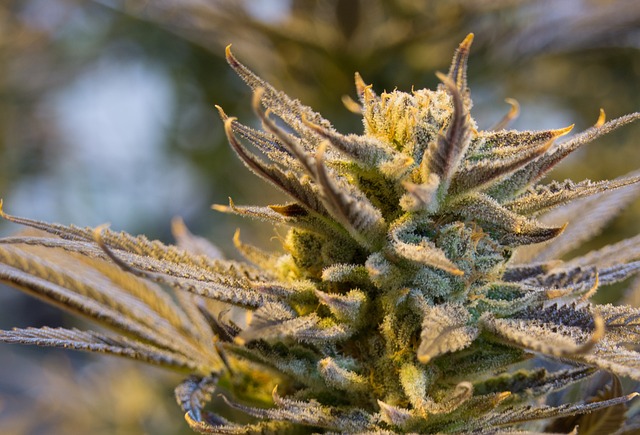The Ultimate Guide to THCa Flower: Benefits, Uses, and Effects
In recent years, the cannabis industry has seen a surge in interest surrounding various cannabinoids, with THCa gaining significant attention. THCa, or tetrahydrocannabinolic acid, is a non-psychoactive compound found in raw cannabis plants. This article explores the benefits, uses, and effects of THCa flower, providing valuable insights for those curious about this intriguing cannabinoid.
Understanding THCa: What Is It?
THCa is the acidic precursor to THC, the well-known psychoactive component of cannabis. In its raw form, THCa does not produce the “high” associated with THC. When exposed to heat through smoking, vaping, or cooking, THCa undergoes decarboxylation, converting into THC. This transformation is what activates the psychoactive properties of cannabis.
Benefits of THCa Flower
THCa offers a range of potential health benefits, making it an attractive option for those seeking therapeutic effects without the psychoactive experience. Some of the key benefits include:
- Anti-inflammatory Properties: Research suggests that THCa may help reduce inflammation, offering relief for conditions such as arthritis and other inflammatory diseases.
- Neuroprotective Effects: Studies indicate that THCa may have neuroprotective properties, potentially benefiting individuals with neurodegenerative disorders like Alzheimer’s and Parkinson’s disease.
- Anti-emetic Benefits: THCa has shown promise in reducing nausea and vomiting, which can be particularly beneficial for patients undergoing chemotherapy.
- Antioxidant Properties: The compound may act as an antioxidant, helping to protect cells from damage caused by free radicals.
Uses of THCa Flower
THCa flower can be utilized in various ways, catering to different preferences and needs. Some popular methods of consumption include:
- Juicing: Consuming raw cannabis leaves and flowers through juicing preserves the THCa content, allowing users to benefit from its properties without psychoactive effects.
- Topicals: THCa-infused creams and balms can be applied directly to the skin, providing localized relief for pain and inflammation.
- Tinctures: THCa tinctures offer a convenient way to consume the compound, with users able to control dosage easily.
- Capsules: For those who prefer a more traditional method, THCa capsules provide a straightforward option for consumption.
Effects of THCa Flower
While THCa itself is non-psychoactive, its effects can still be significant. Users often report a sense of relaxation and well-being, without the intoxicating effects of THC. This makes THCa an appealing choice for individuals seeking relief from various symptoms while maintaining mental clarity.
Scientific Studies and Research
Several studies have explored the potential benefits of THCa, contributing to a growing body of evidence supporting its therapeutic applications. For instance, a study published in the “British Journal of Pharmacology” highlighted THCa’s anti-inflammatory properties, suggesting its potential in treating inflammatory conditions. Another research article in “Neurotherapeutics” discussed the neuroprotective effects of THCa, indicating its promise in managing neurodegenerative diseases.
Case Studies: Real-Life Applications
Real-life applications of THCa are becoming more common as awareness of its benefits spreads. For example, a patient with rheumatoid arthritis reported significant pain reduction and improved mobility after incorporating THCa into their treatment regimen. Another case involved a cancer patient who experienced reduced nausea and improved appetite during chemotherapy, thanks to THCa’s anti-emetic properties.
Legal Status and Availability
The legal status of THCa varies by region, with some areas allowing its use and others imposing restrictions. In places where cannabis is legal, THCa products are often available in dispensaries. It’s important for consumers to research local laws and regulations before purchasing or using THCa flower.
Conclusion
THCa flower presents a fascinating option for those interested in the therapeutic benefits of cannabis without the psychoactive effects. With its potential anti-inflammatory, neuroprotective, and anti-emetic properties, THCa offers a range of applications for various health conditions. As research continues to uncover the full extent of its benefits, THCa is poised to become an increasingly popular choice in the cannabis community.

